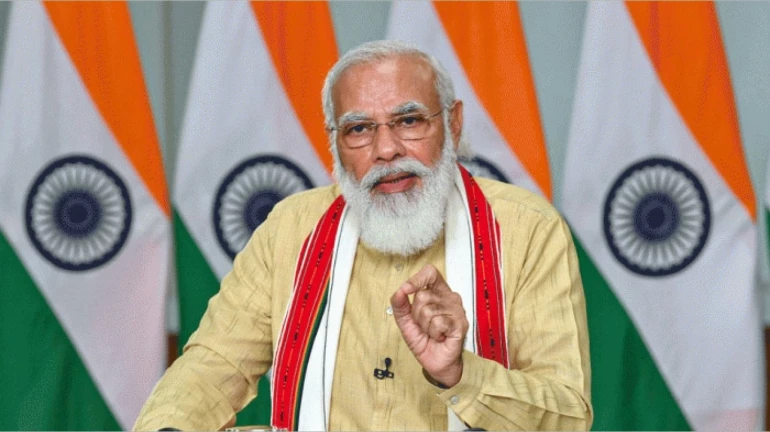
A significant milestone in India’s maritime infrastructure was achieved on Friday when the Jawaharlal Nehru Port Authority (JNPA) surpassed the 10 million TEU handling capacity mark. This was made possible through the virtual inauguration of the Bharat Mumbai Container Terminal (BMCT) at Uran in Raigad district by Prime Minister Narendra Modi. The development marked the first time any Indian port had crossed this benchmark, and the operation of the new terminal was entrusted to the Singapore-based company PSA.
The achievement was hailed as a major step for Maharashtra. Chief Minister Devendra Fadnavis stated that the creation of such capacity reinforced the state’s leadership in the cargo handling sector. It was further suggested by him that once the Vadhavan Port project became operational, Maharashtra would be positioned within the global top ten ports, shaping the trajectory of international trade for decades to come.
BMCT has been established as one of the largest terminals in the country, spanning 200 hectares. The facility was reported to include more than two kilometres of dock length. Advanced cargo-handling infrastructure was installed, including 24 ship-to-shore cranes, 72 rubber-tyred gantry cranes, and rail-mounted gantry cranes. These additions were said to be aimed at ensuring swifter cargo movement between vessels and the hinterland.
Connectivity has also been given significant importance in the design of BMCT. Six dedicated rail sidings have been provided, creating direct links to major freight corridors. As a result, goods are expected to move more efficiently between the port and key trade routes across the country. Authorities added that the deep draft berths constructed at the facility would enable the reception of some of the world’s largest container vessels, with capacities of up to 18,000 TEUs. This capability was presented as a major advantage for India’s competitiveness in global trade, as larger ships could directly call at the port without the need for transhipment.
In addition to enhancing capacity and connectivity, attention has been directed towards security and sustainability. Officials revealed that the gate complex at BMCT has been fitted with eight automated lanes that combine weighbridges, paperless entry and exit systems, and radiation scanning technology. These measures were introduced to modernise operations and strengthen security protocols.
Sustainability initiatives were also highlighted. It was announced that renewable energy currently supplies 60 per cent of the terminal’s requirements. A commitment was made to gradually transition to complete reliance on green power within the coming years. This emphasis on clean energy was portrayed as a step that would not only improve operational efficiency but also support India’s environmental goals.





